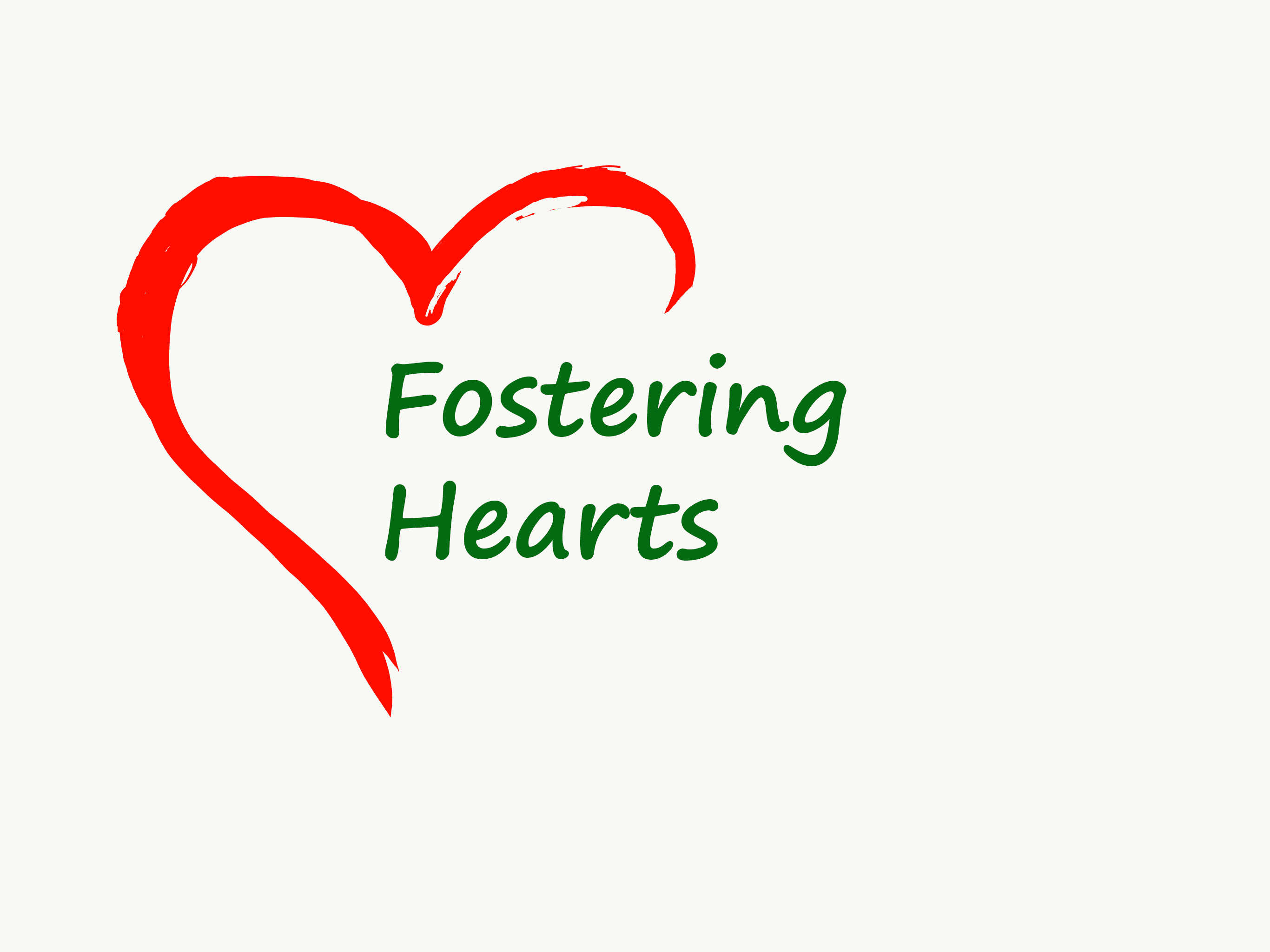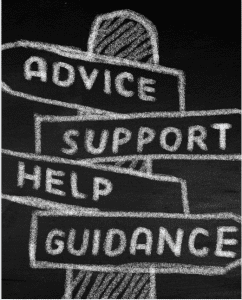We asked a group of our carers what they wish someone had told them before they started their fostering journey, we’ve brought together our top 15.
- Fostering can be an incredibly rewarding experience, but it is not without its challenges. It is important to make sure you are emotionally prepared for the difficulties that may come with fostering a child or children.
- Before beginning the process of becoming a foster carer, you must meet certain criteria such as being over 21 years old, having a spare bedroom in your home, and having a clean criminal record.
- All foster carers are required to undergo a home study in order to assess their suitability for fostering. This includes interviews, references and inspections of your home to ensure it is suitable for children.
- There are different types of fostering available, such as short-term and long-term fostering so it is important to decide which type will work best for you and your family before starting the process.
- As a foster carer you will need to be able to build a good relationship with social workers and communicate effectively with them.
- You will need to be able to provide a safe and secure environment that is both nurturing and supportive for any children placed in your care.
- In addition, you will need to be able to communicate and work with the child’s family even when there may be differences in opinion or values between you both.
- Foster carers should also have the ability to manage challenging behaviour as this can sometimes arise from situations that the child has been through prior being placed in your care.
- Furthermore, providing emotional support both for the child and their family is an important part of making sure that everyone feels supported throughout this experience. 10 . Finally, commitment is essential for providing high quality care – being willing to put in time and effort into providing the best possible experience for everyone involved is key when applying or considering applying for foster care positions .
11 . Flexibility is also needed – often times schedules or plans can change unexpectedly so having an open mind set helps when dealing with these unexpected occurrences .
12 . Understanding cultural differences is essential – respectfully learning about different values beliefs and traditions helps foster relationships between yourself ,the child(ren) ,and their families more quickly .
13 . Being prepared for long term commitments must also be taken into account – understanding that initial placements could potentially become longer than what was initially planned must always remain in consideration while considering whether or not this lifestyle fits within yours particular situation .
14 . Having a great support network can help significantly during this process – reaching out on friends / family who understand this kind of lifestyle makes many difficult tasks much easier !
15 Being patient should always be kept in mind – often times children placed into foster care take some time before they feel comfortable enough into adjust / form bonds with all involved parties`




